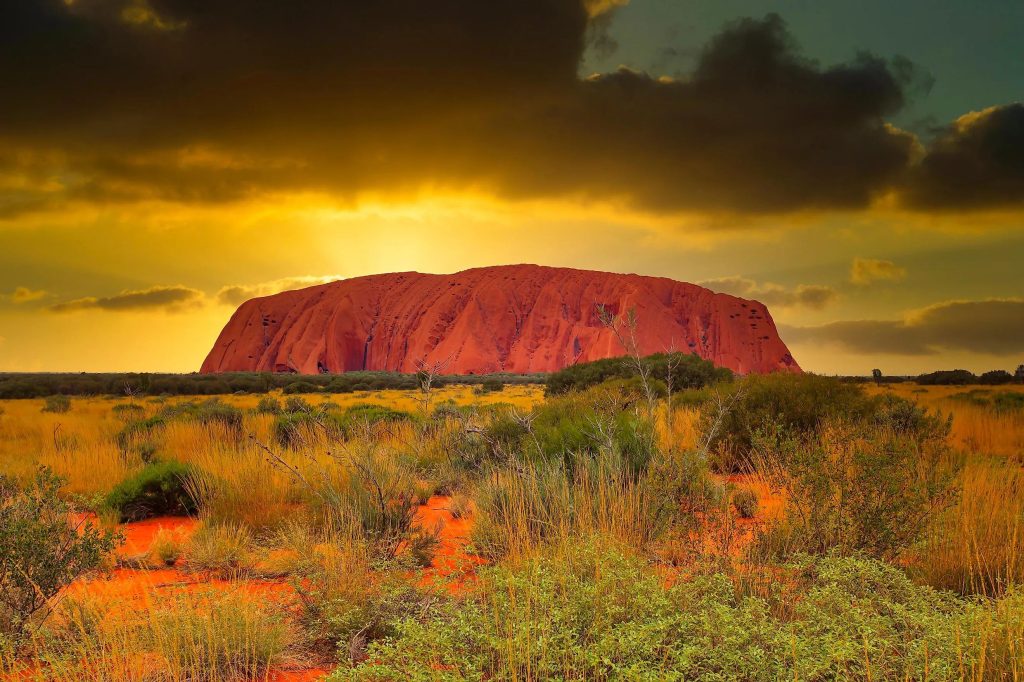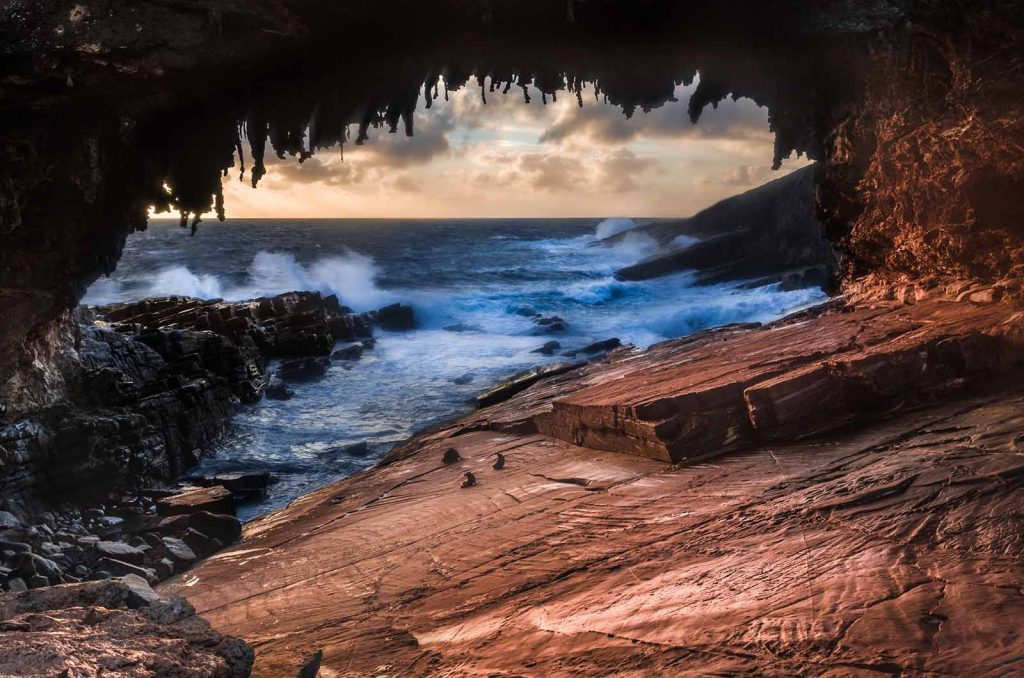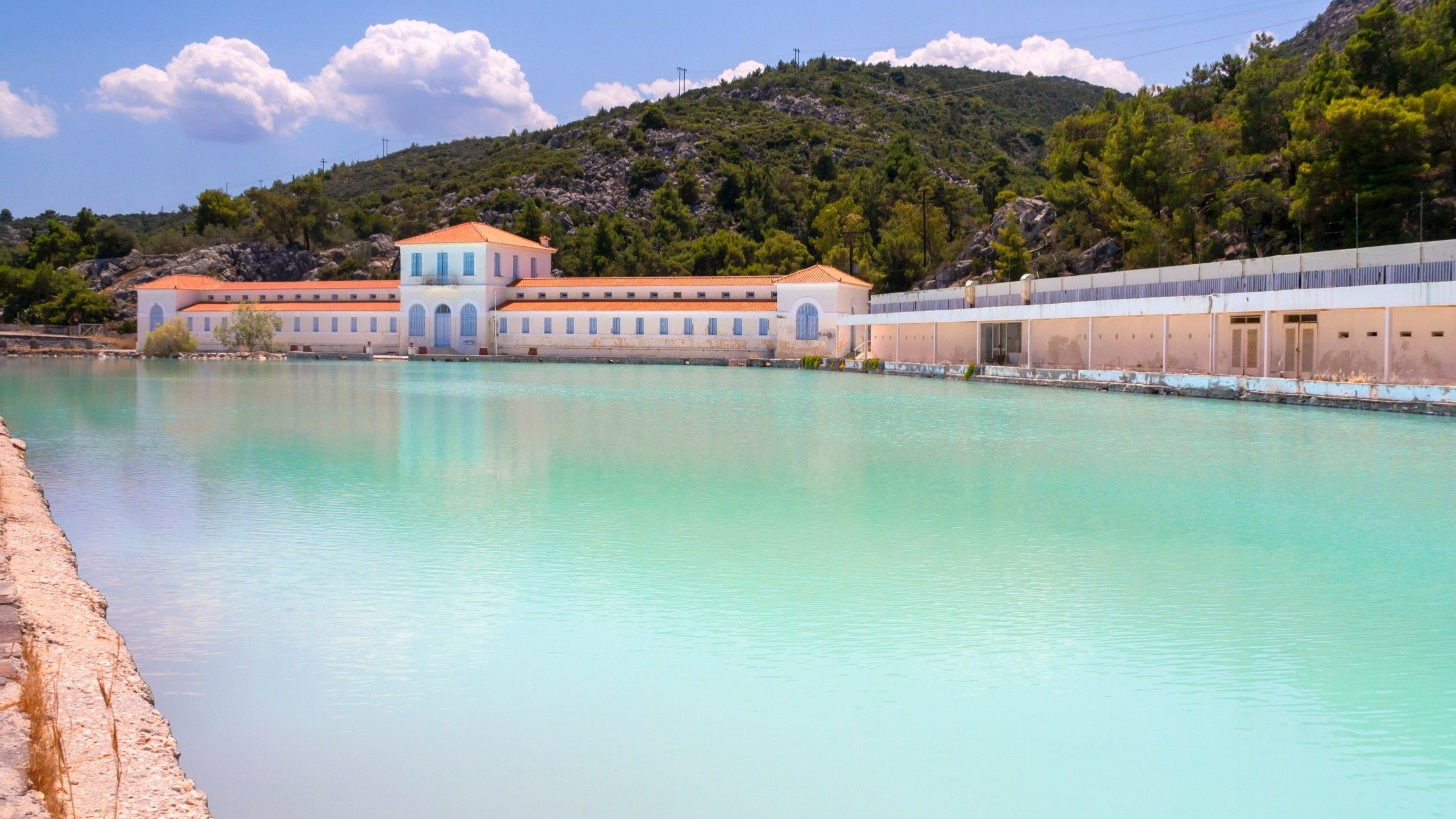Methana is as sleeping beauty, a volcanic peninsula with more than 30 craters. Situated in the north-westernmost of Aegean, Methana allows the visitors to discover impressive lava domes and craters, age-old man-made terraces, archaeological sites, tiny fishing villages, thermal baths, and amazing views on the surrounding Saronic Gulf.
Methana is one of the gems in this year’s New York Times list of 52 destinations that you have to visit in 2023.
On the top of the list of best destinations is London, with the NYT noting that the bustling city is preparing for the coronation of King Charles.
Regarding Greece, Methana is one of the places one should visit in 2023, which ranks 39th on the list.
Athens’s nearest active volcano, Methana, sits on a peninsula of the same name some 30 miles southwest of the Greek capital. Though largely unknown to tourists, the area is slowly evolving, in part because of its increasing popularity as a hiking destination.
In recent years, groups of locals have managed to reopen and map old walking paths, some of which date back to the Mycenaean Era, creating hiking trails that attract visitors from around the world. So far, more than 18 miles have been cleared and marked. The Methana Volcano Challenge, first organized in 2021, offers a trail run across the peninsula’s sloping landscape.


In this year’s edition you can also find two destinations from Australia. In number 7 of the list is Kangaroo Island. It is a nature lover’s paradise, with prolific native wildlife, dramatic coastal sightseeing and bountiful farmlands. Kangaroo Island, 13km off the coast of South Australia, is one of the best places in Australia to see wild animals like koalas, kangaroos, sea lions and seals.
Uluru-Kata Tjuta National Park ranks 29th on the list. The park, formerly called Uluru National Park, features spectacular geological formations that dominate the vast red sandy plain of central Australia.
Uluru, an immense monolith, and Kata Tjuta, the rock domes located west of Uluru, form part of the traditional belief system of one of the oldest human societies in the world. The traditional owners of Uluru-Kata Tjuta are the Anangu Aboriginal people.
Source: New York Times

